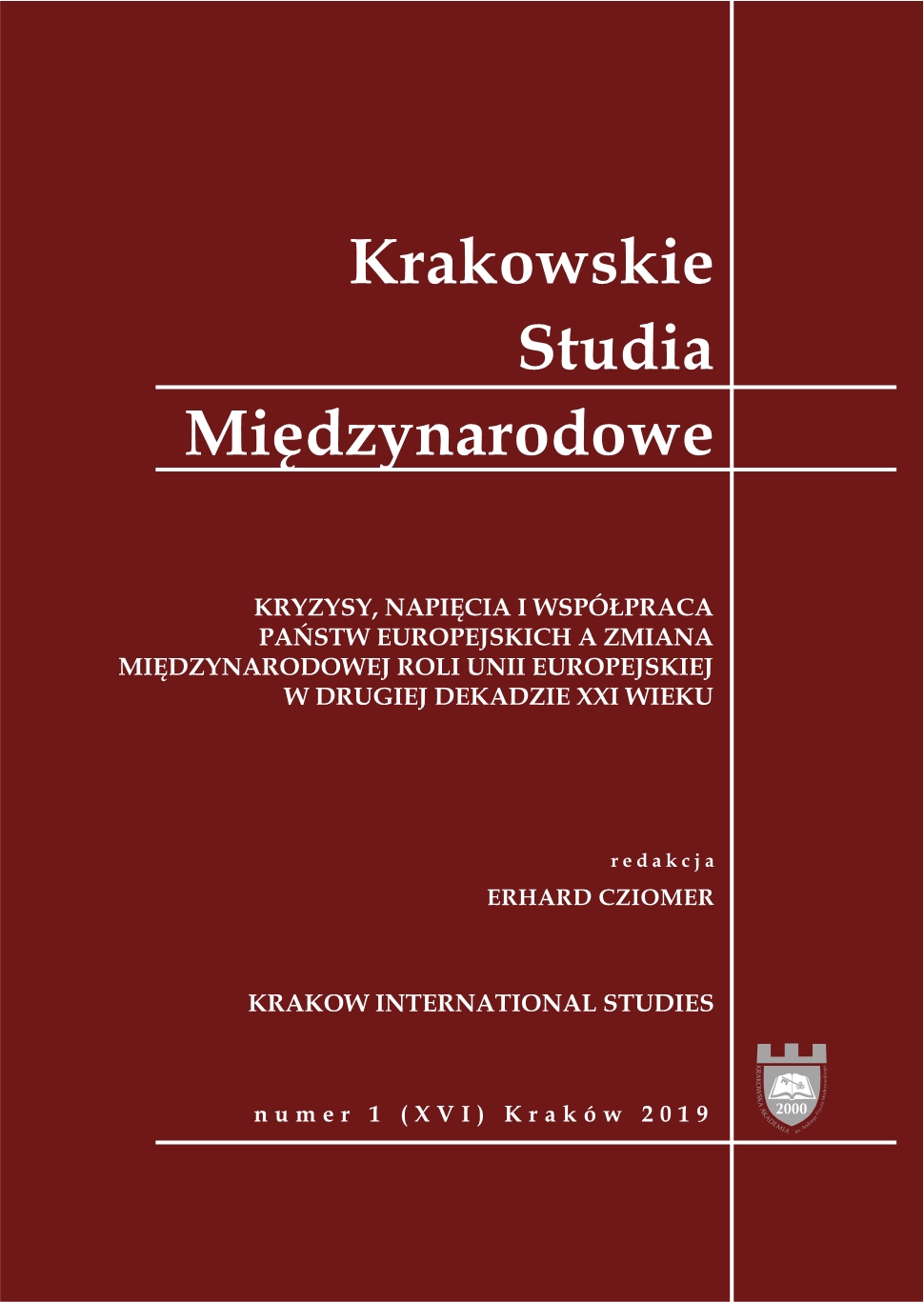Unia Europejska w procesie transformacji energetycznej
The European Union in the Process of Energy Transition
Author(s): Tomasz MłynarskiSubject(s): Energy and Environmental Studies, Environmental and Energy policy, Environmental interactions, EU-Approach / EU-Accession / EU-Development
Published by: Oficyna Wydawnicza AFM Uniwersytetu Andrzeja Frycza Modrzewskiego w Krakowie
Keywords: European Union;energy transformation;climate policy;renewable energy;
Summary/Abstract: The EU is the most active advocate of setting global ambitions and goals for climate protection. As a consequence, it belongs to the group of world leaders in energy transformation, implementing ambitious goals of reducing GHG emissions and increasing the share of renewable energy sources in electricity generation. Energy transformation is identified not only in terms of environmental protection but also economic and industrial growth. Energy transformation is consequently one of the ways to maintain European leadership defined in environmental and economic terms (moving away from energy-intensive industries and taking leadership on efforts to counter global warming). This direction is both an element of social expectations expressed in the transition from fossil fuels towards renewable and low-emission energy sources and a response to the growing costs of energy production. Thus, energy transformation is supposed to combine social expectations (concerns for natural environment and climate protection), with the strategy of economic growth (GDP growth) and industrial development (reindustrialisation and employment growth) based on innovative technologies. Thus, energy transformation expresses the objectives of ensuring security of supply, maintaining competitiveness and global environmental balance.
Journal: Krakowskie Studia Międzynarodowe
- Issue Year: XVI/2019
- Issue No: 1
- Page Range: 31-44
- Page Count: 14
- Language: Polish

